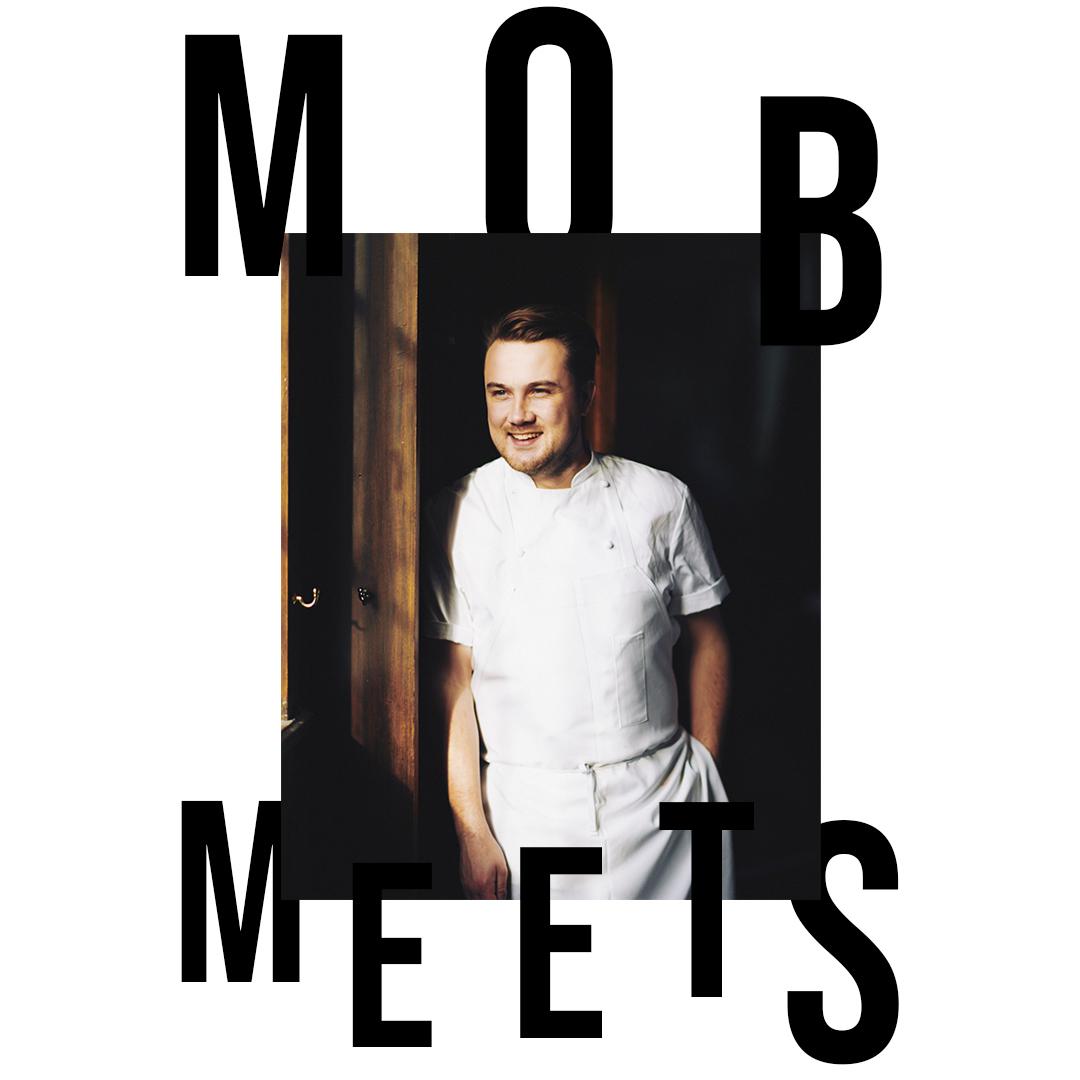Tomos Parry is the head chef of Brat – one of London's brightest restaurants and most sought-after reservations. If you haven't eaten Parry's food, you should definitely look at seeking it out as soon as possible. The Guardian named Tomos "Britain's hottest chef" in 2018 – a reference to his cooking skills, not his dashing good looks – and it's safe to say that he hasn’t lost any of that heat since. Quite literally. Even though he's taken on a more managerial role as of late, Tomos can still be found sending out plates of fresh, fire-kissed seafood and thoughtful assemblages of seasonal, char-grilled vegetables at his popular Shoreditch haunt on a regular basis.
The recent re-opening of Brat has come off the back of a solid few months of al fresco dinner service at Parry’s new outdoor venture, Brat x Climpson’s Arch. That woodsy collab with local Hackney coffee traders Climpson & Sons has been such a roaring success that it's now a permanent fixture on the London dining scene. Having two different Brats to pick from (a situation that will be all too familiar to the parents of the Sprouse twins) means that diners looking to get a taste of Parry’s à la mode cooking – and, yes, those anchovy flatbreads – have got more options available to them than ever before. That's good news for anyone, like myself, that's struggled to book a place at Tomos's table in recent weeks.
Because this interview was conducted when social distancing was in place, our conversation involved me video calling Tomos as he locked himself in his bathroom away from his young children. It’s the first interview I’ve done with a Michelin-starred chef seated next to a shower cubicle but, considering how lovely Parry was about the whole thing, I kind of hope it’s not the last.
Welsh and proud, Parry is a preternaturally talented chef who is big on sustainability, wood-fired cooking, and the Super Furry Animals. Here’s what happened when MOB met Tomos Parry.
